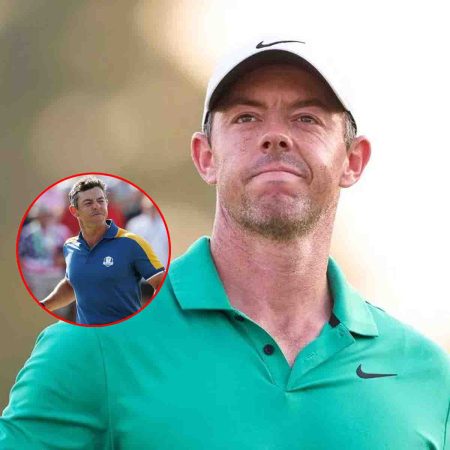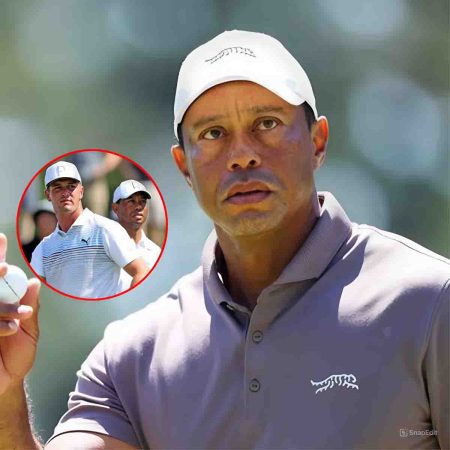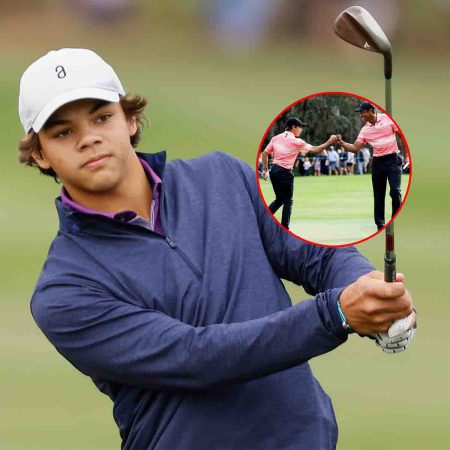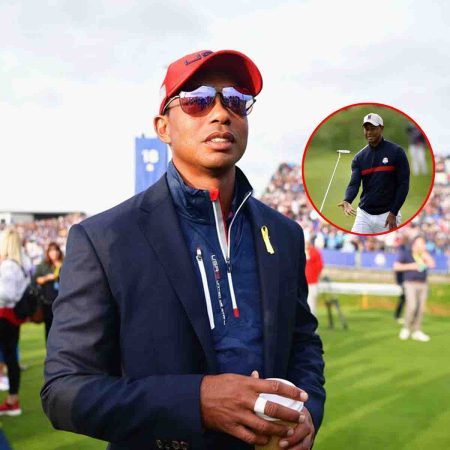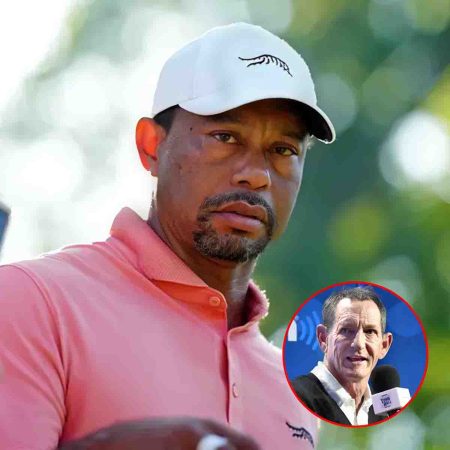How much of a win comes down to motivation, grit, desire, and all those other intangibles? How much of a win comes down to a team functioning better, both tactically and in identity? How much of a win comes down to a team’s winning pedigree and a confidence in the result?
 Xavi coaching against Real Betis
Xavi coaching against Real Betis
All three of these questions will be answered in the Spanish Super Cup Final, one which on paper means a whole lot more to Barcelona than it does to Real Madrid.
Carlo Ancelotti has the advantage with his team selection and possibilities to maximize success. Luka Modric got a rest for the semi-final, and even with Aurelien Tchouameni dealing with an injury and unlikely to feature, the foursome of Eduardo Camavinga, Fede Valverde, Toni Kroos, and Modric gives Ancelotti enough midfield flexibility to give Barcelona trouble.
Even without that extra day of rest, Karim Benzema, Vini Jr., Rodrygo, and Marco Asensio were always going to be a problem for a Barcelona backline that has been tremendous in the league but had issues outside of it. In La Liga, three of the Blaugrana’s conceded goals came against their eternal rival.
In the inverse of Xavi’s choices, Ancelotti’s line-up decisions mostly lie at the back. Nacho Fernandez, Antonio Rudiger, Eder Militao, and Lucas Vazquez started the final, but Militao and Vazquez came off injured and David Alaba is nursing an injury. Ferland Mendy and Dani Carvajal haven’t taken the starting spots at left-back and right-back respectively this season, so Ancelotti does have the potential of getting it wrong with his selection. Luckily for Los Blancos, they have Thibaut Courtois in net, and just like Marc-Andre ter Stegen against Real Betis, Real Madrid don’t beat Valencia in the semi-finals without him.
With Xavi’s line-up, it’s just about guaranteed that he will use the same tactic he did in the preseason El Clasico and put Ronald Araujo at right-back to contend with Vini Jr. Fortunately for Barcelona and unfortunately at the time, Araujo was injured the first time these two teams met in the league, and that backline of Balde-Eric-Kounde-Roberto had trouble dealing with the Madrid counterattack.
This time around, Xavi can with confidence trust in a backline of Balde-Christensen-Kounde-Araujo, with the one caveat being that Araujo is now pushing his limits having played four matches in two weeks after coming back from injury. For the midfield and attack, the expectation is that Xavi will replicate the six from Atletico Madrid, substituting Lewandowski for Ansu Fati. Dembele will play on the right wing, and the midfield will be a squad of Frenkie de Jong, Busquets, Pedri, and Gavi. Balde will push forward and Barcelona will attack in a 3-2-5 when in possession. Defensively, they will attempt to narrow the width with a 4-3-3 defensive shape, with Pedri or Gavi providing pressure as the third forward, depending on their positioning at the time.
 Pedri celebrating the win over Real Betis
Pedri celebrating the win over Real Betis
All these tactics won’t matter for Xavi if his team isn’t up to the challenge. It’s an odd version of El Clasico. Both teams playing more than 3,000 miles from home for the Spanish Super Cup, the least prestigious of the available trophies. For Real Madrid, aside from the trophy and another win over FC Barcelona, the stakes are relatively low for them. For Barcelona, as evidenced by his extra time halftime speech against Real Betis, a trophy means a lot for Xavi and his team. It would the Blaugrana’s first trophy under the club legend, and it would come against a “big” team. Unlike against Atleti and Betis, where supporters criticized Xavi for the way his team lost control of the match, beating Real Madrid in ugly fashion won’t be met with the same frustration. Win by any means necessary is likely Xavi’s message. If there’s someone who knows El Clasico, it’s Xavi Hernandez.
Source: barcablog.com



